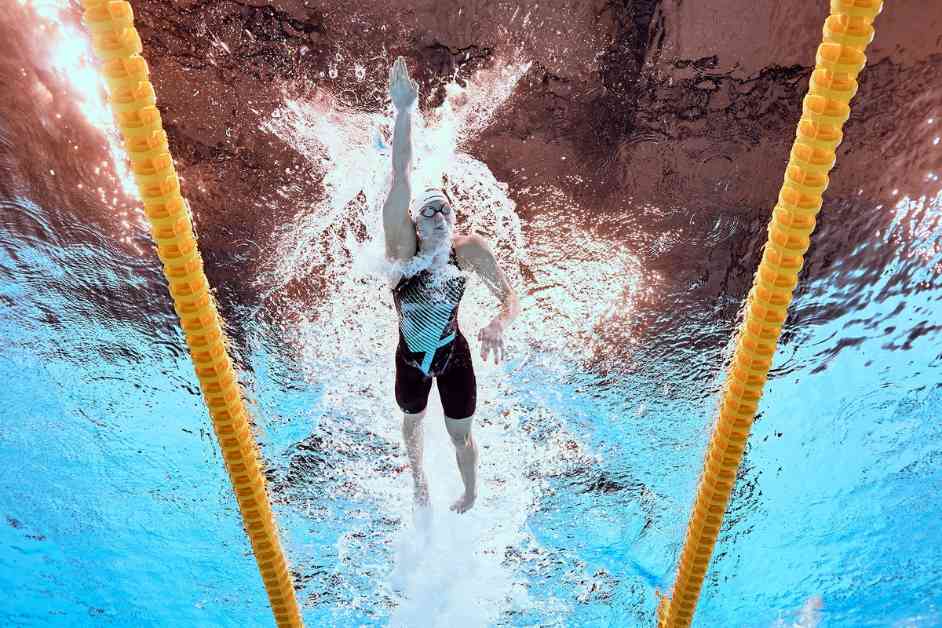In July, the world’s fastest swimmers will gather at the Paris La Défense Arena in Nanterre, France, to compete in the Olympics. The road to the Olympics is long and challenging, with only a few athletes making it to the top. Coaches face the challenge of preparing their swimmers for success in a sport where races are often decided by mere fractions of a second.
Traditionally, coaches have relied on a one-size-fits-all approach to training, but advancements in mathematics, physics, and technology have revolutionized the way swimmers are trained. The concept of “digital twins” has emerged as a way to optimize swimmers’ performance by analyzing biomechanical and hydrodynamic variables.
Digital twin training involves equipping swimmers with devices that capture data on their body’s acceleration, orientation, and force. This data is then used to create a digital twin of the athlete, allowing coaches to identify strengths and weaknesses, improve technique, and devise race strategies.
For example, by analyzing the digital twin of a collegiate swimmer, researchers were able to identify a technical flaw in her head position that was affecting her speed. By making adjustments based on the digital twin’s data, the swimmer was able to improve her time and break the American record in the 200-meter breaststroke event.
Digital twins also play a crucial role in devising race strategy. By running simulations with the athlete’s digital twin, coaches can determine the optimal race plan for each swimmer. This personalized approach takes into account factors such as tempo, body movements, kicks, and breathing patterns to maximize performance.
Additionally, digital twins can help athletes set aspirational goals that may require months or years of training to achieve. By simulating different race scenarios and analyzing the data, coaches can help athletes push their limits and reach new heights in their performance.
As the Olympics return to Paris after a century, the games will showcase the intersection of tradition and modern technology. Swimmers armed with digital twins, data analytics, and advanced training techniques will demonstrate the incredible feats that humans can achieve with the help of technology. The games serve as a testament to the evolution of sports and the limitless potential of athletes in the digital age.






